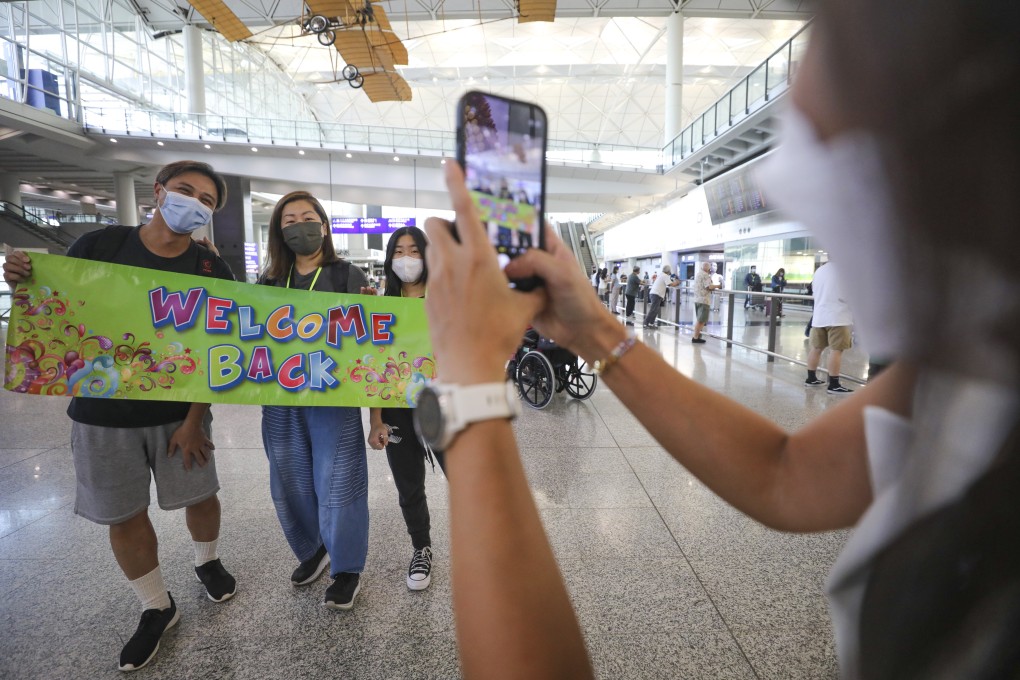Covid-19 has plateaued in Hong Kong, but screening of arrivals crucial to keep out Omicron variant, health authorities say
- Testing of arrivals essential to guard against new variants, such as BA. 2.75, which has fuelled surge in cases in Singapore, Centre for Health Protection warns
- Drop in infections has also allowed public hospitals to resume 80 per cent of non-emergency services, Dr Albert Au says

Covid-19 has “plateaued” in Hong Kong but continued testing of arrivals is crucial to ensure new transmissive variants emerging overseas are caught before they take root in the community, health authorities have said.
Equally essential was regular screening of residents, as the government hoped that making the practice widespread would help convince Beijing to fully reopen the mainland Chinese border, an insider told the Post on Friday, explaining why authorities had cut the price of tests.
The Centre for Health Protection said daily infections had stabilised to between 3,500 and 4,500 after steadily dropping from a recent peak of 10,586 recorded on September 1, with many of the cases involving the BA.5 strain of Omicron.
The declining cases had allowed public hospitals to resume 80 per cent of their non-emergency services, which had been scaled back due to the surge in cases over the summer, the centre’s Dr Albert Au Ka-wing added.
“We have to closely monitor new variants,” he said. “We believe our current measures are effective in stopping further spread in the community, especially when there are new variants emerging overseas.”

But infections could easily explode again without warning, he added, pointing to Singapore, where the subvariant known as BA.2.75 had fuelled a doubling of daily cases from about 2,000 to 4,000.
